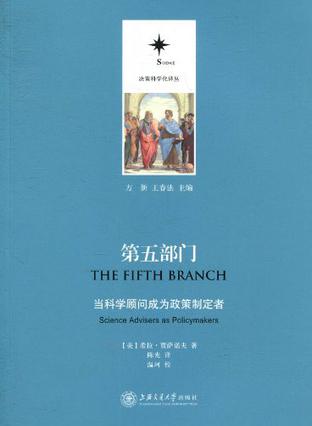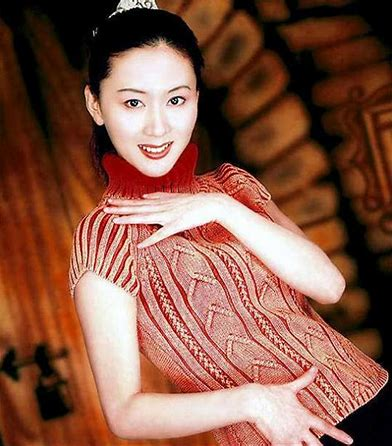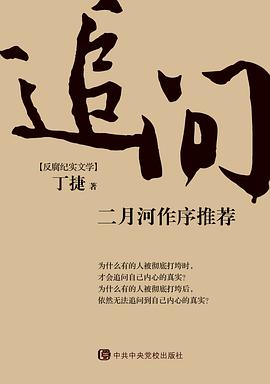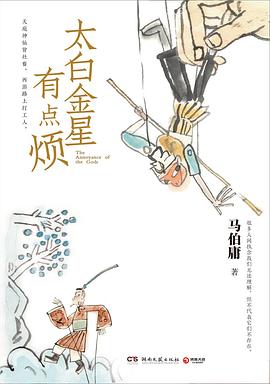第五部门

作者简介:
Sheila Jasanoff is an American academic and significant contributor to the field of Science and Technology Studies. She is Pforzheimer Professor of Science and Technology Studies at the John F. Kennedy School of Government at Harvard University, where she directs the Program on Science, Technology, & Society. [1] Her research focuses on science and the state in contemporary democratic societies. Her work is relevant to science & technology studies, comparative politics, law and society, political and legal anthropology, and policy analysis. Jasanoff’s research has considerable empirical breadth, spanning the United States, the United Kingdom, Germany, the European Union, and India, as well as emerging global regimes in areas such as climate and biotechnology. One line of Jasanoff’s work demonstrates how the political culture of different democratic societies influences how they assess evidence and expertise in policymaking. Her first book (with Brickman and Ilgen), Controlling Chemicals (1985), examines the regulation of toxic substances in the United States, Germany, and the United Kingdom.[2] The book showed how the routines of decision making in these countries reflected different conceptions of what counts as evidence and of how expertise should operate in a policy context. In Designs on Nature: Science and Democracy in Europe and the United States (2005), she has shown how different societies employ different modes of public reasoning when making decisions involving science and technology. [3] These differences, which in part reflect distinct "civic epistemologies," are deeply embedded in institutions and shape how policy issues are framed and processed by the bureaucratic machinery of modern states. Jasanoff has also contributed to scholarship on the interaction of science and law. Science at the Bar (1995), for example, reached beyond the prevailing diagnoses of structural incompatibilities between science and law to explore how these socially-embedded institutions interact and, to a certain extent, mutually constitute each other. [4] The concept of regulatory science, conducted for the purposes of meeting legally-mandated standards, and the "boundary" drawing activities of science advisory committees are analyzed in The Fifth Branch (1990).[5] More recently, she has explored the "rise of the statistical victim" in toxic torts, as the law with its individualistic orientation has increasingly encountered, and sought ways to accommodate, the statistical vision of such fields as epidemiology.[6] In her work on science and law, as well as her research on science in the state, she takes an approach that links ideas from constitutional law, political theory, and science studies to consider the "constitutional" role of science in modern democratic states.[7] Jasanoff has considered the politics of science not only in a comparative but also in a global context. Examples include her work on the transnational aspects of the Bhopal disaster (Learning from Disaster 1994); her research on the formation and politics of global scientific advisory bodies such as the Intergovernmental Panel on Climate Change; and her research on national and global environmental movements (e.g., Earthy Politics, 2004). Jasanoff also has contributed to building Science and Technology Studies as a field. Prior to moving to Harvard, she was the founding chair of the Department of Science & Technology Studies at Cornell University. She is also the founder of the Science & Democracy Network, a group of scholars interested in the study of science and the state in democratic societies that has met annually since 2002. Her research has been recognized with many awards, including the Bernal Prize from the Society for Social Studies of Science. She is married to Jay Jasanoff, and has two children, Maya Jasanoff, who is an associate professor in the Department of History at Harvard, Alan Jasanoff, is a neuroscientist at MIT.
内容简介:
本书为“决策科学化译丛”之一,主要批判了指导监管机构运用科学知识的两种普遍公认的范式——“民主论”模式和“技术统治论”模式,并通过研究美国环保局、美国食品药品监督局的相关案例(如致癌原风险评估指南的制定过程、甲醛的监管问题等)阐释并评价了美国社会作出关于科学和技术选择的部分决策过程,讨论了咨询委员会以外的其他机制,并就如何提高科学咨询的质量提出了建设性设想。
目录:
第1章 政治理性化 社会管制的兴起 科学与政策制定 专业能力与信任 知识的偶然性 改革的争论 一个替代方案第2章 有瑕疵的决策 亚硝酸盐事件 2、4、5-涕事件 拉夫运河事件 职业性癌症评估 技术统治论者的反应 批判性反驳第3章 有益于人民的科学 公共科学的基本原理 “新兴”专家机构 科学咨询与政务公开 科学政策的司法审查 科学政策范式的弱化第4章 同行评议与管制科学 同行评议的传统 实践中的同行评议制度 失误的启示 管制科学的内容与背景 监管领域同行评议的含义第5章 美国环保局及其科学顾问委员会 早期的政治挑战 一项新的合作 划界行为 科学顾问委员会对政策的影响 结论第6章 清洁空气的科学与政策 清洁空气科学顾问委员会和国家空气质量标准程序 科学与标准 重新定义清洁空气科学顾问委员会的角色 一氧化碳的争论 清洁空气科学顾问委员会的作用:链接科学与政策第7章 当顾问成为敌人 科学顾问小组 执行不可能的任务 二溴乙烷 三氯杀螨醇事件 丁酰肼 权威的破碎第8章 美国食品药品监督局的咨询网络 对药物的科学评估 专家意见和食物安全 咨询意见和决策第9章 应对新知识 探求有原则的风险评估 甲醛:一个不确定的致癌原 结论第10章 再论技术统治论 面向科学的公私伙伴关系 没有政治的风险评估 公众质询委员会 广泛的应用第11章 好科学的政治功能 从咨询到政策 可接受的风险 科学咨询的合法化:协商及划界活动 定义“好科学” 规范意义结论译后记




评论